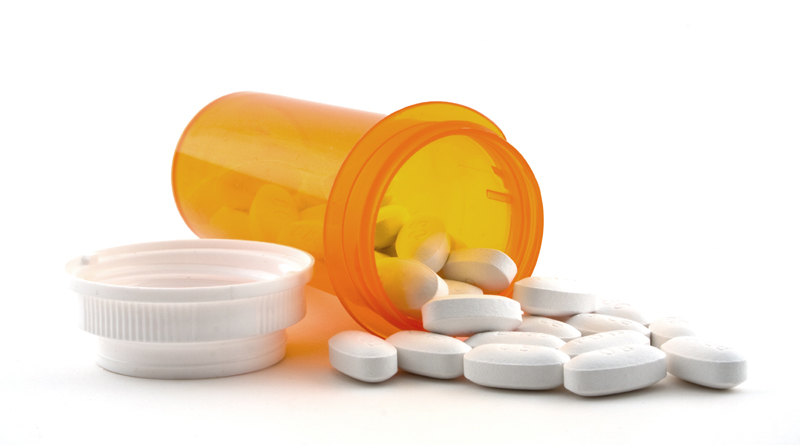by Ahmed El-Mahdi
The Medical Supplies Section at the Chamber of Pharmaceutical Industries has expressed resentment over the Health Ministry’s hampering of exports without real justification, preventing the increase in exports by 40 per cent of the total exports of the section at a time when the state needs more exports in the various sectors.
Hisham al-Fatie, the head of the Medical Supplies Section, has criticised the ministry’s move, saying that what it is doing is not logical, referring to linking the registration of products to local registration.
There are products that are not used on the local market, but demanded by various international importers, he said, stressing that it should give up control of factories and inspect markets where imported commodities have reached 60 per cent.
The products are the responsibility of the exporter, unlike the importer who registers these products in a country that is keen on its national interest more than that of the exporting country, he said, stressing that the Medical Supplies Section and the Export Council of Pharmaceutical Industries will discuss this with the Ministry of Health over the coming 10 days to iron out obstacles facing exports. Last year, exports registered at least EGP1.3 billion and reached EGP2 billion.
Exports from the sector suffer from the stranding of raw materials at customs for a long time, which leads to the financial burdens of paying fines up to $300 a day for each container ship, as well as dealing with the policies of the Central Bank of Egypt on defining the amount of monthly deposits and transfers, he added.
Container ships are not released before 10 days, which results in financial losses due to the Health Ministry’s procedures which intervene in the import and export operations, he said, pointing to the allowed monthly transfer of $50,000 which impedes the import of raw materials. The value of the credit for a single piece of raw material amounts to $100,000, he added.
The sector depends on importing raw materials by around 50-80 per cent based on the type of product, he said, calling on the ministry to draw up a unified list of imported materials for each factory, including their specifications to be presented once for the whole year to obtain collective approval and that the quantity is deducted after checking the specifications of each imported shipment. The cycle for the entrance of raw materials takes 20 days because of the Health Ministry’s Pharmaceutical Policies, he said.
The difference in the exchange rate of the dollar greatly affects the movement of production due to the difference in the cost of production, he said, adding that exports suffer from the percentage taken by the documentation office which sets a condition of receiving a large amount of money in return for documenting export contracts, which are requested by foreign importers as well as the Health Ministry.
The Health Ministry laws hamper pumping investments into the sector, which needs $50 million in annual investments for operating factories so that the local industry could meet the market needs over the coming five years.
Registration is one of the obstacles that paralyze production for up to nine months and this is reflected in the inability of the factory to sell the product, while importers bring necessary papers from abroad to register the product and this takes only three days.


